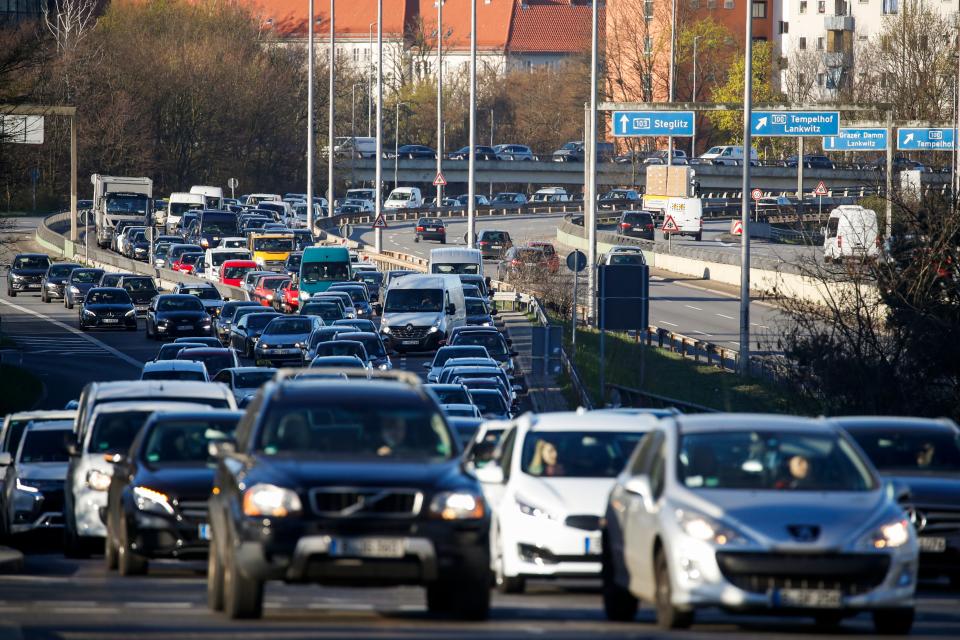Germans could be hit with higher taxes on meat and SUVs

Germans may need to pay more for their sausages after animal rights activists and lawmakers called for the subsidised 7% value added tax rate on meat to be raised to the standard 19%.
The national love of meat boosted #Fleisch and the debate on prices and animal welfare the top-trending hashtag on Twitter on Wednesday.
The German Animal Welfare Federation said money raised by adding “a few cents per kilo” on meat and dairy products could be used to improve conditions for animals in factory farms.
The average German eats about 60 kilos (132 pounds) of meat per head every year, with pork by far the country’s favourite meat, according to the Federal Agricultural Agency. Vegetarianism is growing, but meat—especially cheap meat—is central to the German menu.
Politicians including the Social Democrats, coalition partners in the federal government in Berlin, and the Greens said they were open to the idea of increasing the tax on meat to help tackle CO2 emissions (the meat industry is a big contributor towards greenhouse gas emissions).
"I am in favour of abolishing the VAT reduction for meat and earmarking it for more animal welfare," said Friedrich Ostendorff, agricultural policy spokesman for the Green party. He said it “makes no sense” that meat was taxed at 7% while products such as oat milk at 19%.
The SPD’s agricultural spokesman said that raising the tax on meat to 19% VAT applied to other products would be the easiest way to tax it.
Albert Stegemann, agriculture spokesman for Angela Merkel’s Christian Democrats said he was open to the idea as long as the extra tax revenue was used to help farmers restructure their business.
Meanwhile, Germany’s other obsession—powerful cars—were back in the spotlight on Tuesday. The German Environment Agency advocated extra tax on SUVs.

Environment agency president Maria Krautzberger said “we must find measures to promote climate-friendly transport,” and one way to do that would be to increase the car tax on vehicles with high CO2 emissions, and offer a tax bonus to those buying low-emissions cars. Another option was to end the diesel fuel subsidy that German drivers have enjoyed for years.
Germany, like the US and western Europe, is seeing a boom in sales of gas-guzzling SUVs, which emit more environmentally damaging CO2 than many other passenger cars. The number of new SUVs registered in Germany increased by 19% in July compared with the same period a year ago. They are also a lucrative market for automotive manufacturers, ironically helping in part to fund the carmakers’ expensive shift to electric cars.
"We should not be surprised about the SUV boom, if the car industry brings one model after another into showrooms," said the Green transport politician Stephan Kühn. "Car manufacturers that orient their portfolios towards such climate killers are torpedoing climate protection."

 Yahoo Finance
Yahoo Finance 